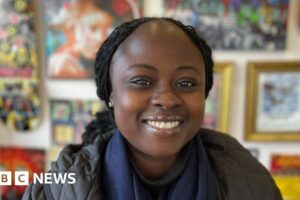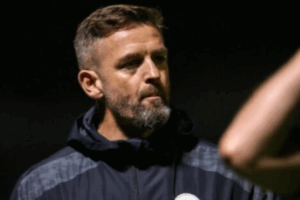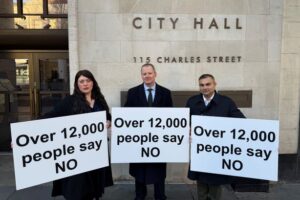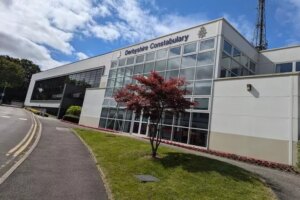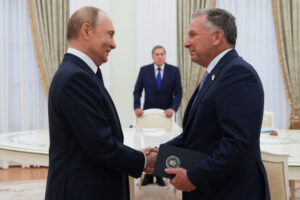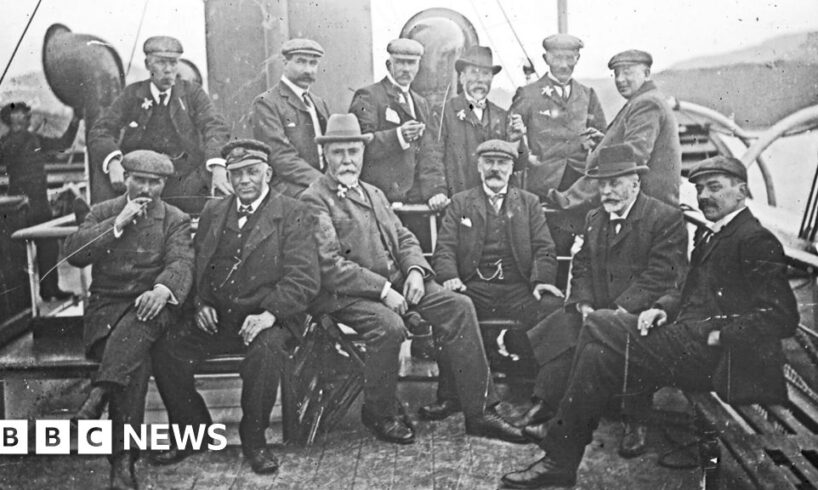
Andrew ThomsonBBC Scotland
Am Baile
Inverness Field Club members onboard the Glengarry paddle steamer on Loch Ness
A charity that promotes interest in science and history in the Highlands has celebrated its 150th anniversary.
The Inverness Field Club was founded in 1875 at a time when advances in science and technology, such as the coming of the railways, were transforming the region.
Since then the club has run lecture and excursion programmes for people interested in topics like history, geology and meteorology.
It also continues to award bursaries to help with local research projects including into Jurassic fossils in Skye.
The club was set up thanks to a bequest from Inverness woman Mary Ettles who on her death left money to support lectures to be given by specialists in different fields of study.
One of the early members was the architect Alexander Ross whose projects included designing Inverness Cathedral.
During the 19th Century similar clubs were set up right across Scotland to celebrate scientific endeavour, but many have ceased to exist in recent years.
However, Inverness Field Club is still going strong and on Saturday a civic reception was held at Inverness Town House to mark its 150 anniversary.
Am Baile
Architect Alexander Ross (left) who designed Inverness Cathedral was among the early members of the Inverness Field Club
Excursion secretary Eileen MacAskill has been a member of the Inverness Field Club for 48 years and was one of the first women to be an office bearer with the organisation.
Recent trips she has organised have included going to Knockan Crag in Assynt to see where ancient continents collided leaving what is known as the Moine Thrust.
“There’s not very many places we haven’t been to,” she said.
“People enjoy being out in company and there’s just so much to see.”
Inverness Field Club
Members of the Inverness Field club at the civic reception with Eileen MacAskill in the front row holding a pink folder
Ms MacAskill added that for anybody who was interested in history, geology and everything else about the Highlands, they always had “exceedingly good lectures”.
She said: “It’s been a pleasure to be involved with the field club and see people enjoying it.
“We’ve been on the go for 150 years, which is something, I think, to be proud of.”
Dr Elsa Panciroli
Palaeontologist Dr Elsa Panciroli was awarded funding to help with research in Skye
Palaeontologist Dr Elsa Panciroli, from Inverness, has given lectures to the field club and has also benefited from grants towards her research work.
She said the Highlands and Islands had a rich history of scientific enquiry and it was great to still have a club to champion this.
“The Victorian era was an exciting time because a lot of these disciplines were in their early days and there was a lot to discover,” she said.
“The field club allowed people from every kind of background to be able to access the latest scientific knowledge. People were really hungry to hear more.”
Dr Panciroli was awarded grants on two separate occasions by the field club to help with her research into Jurassic fossils in Skye, particularly of small mice like mammals.
“It was really important funding that helped us do our research.”
She said it had been particularly nice to go back and give a lecture and speak to field club members.
“You are on home turf and they are a really good crowd.”
Dr Panciroli added that it had been difficult for a few years to get young people involved but she was optimistic the situation would turn around.
“One of the real beauties of the field club is that you’re actually meeting people in the flesh.”
“A lot of young people are beginning to realise the value of that.”

